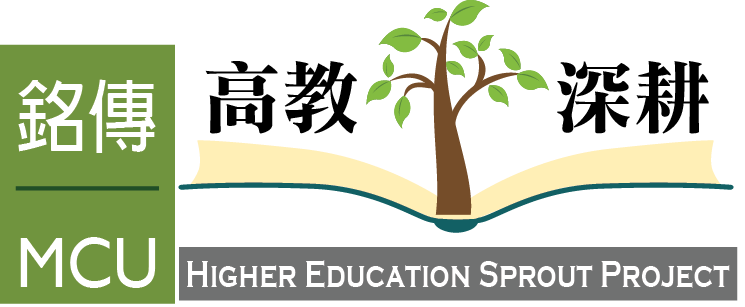1. Origin of the Plan
During the first phase of the plan (2018–2022), the university focused on enhancing the public value of higher education. This included addressing four key issues related to the university’s public operations: improving governance transparency, supporting economically disadvantaged students, increasing access to institutional information, involving students in governance, and safeguarding faculty rights. These efforts achieved notable results, significantly contributing to upward social mobility.
Building on this foundation, the second phase (2023–2027) incorporates five new action initiatives: green campus actions, deepened sustainability development, diversified faculty promotion mechanisms, real-time performance tracking and feedback, and enhanced fundraising strategies. These adjustments to the strategic plan aim to align with emerging trends in higher education and address challenges related to the university’s development.
2. Objectives and Vision
The Deep Cultivation Plan emphasizes sustainable talent cultivation, akin to the adage, “It takes ten years to grow a tree but a hundred years to nurture a person.” Since its founding 66 years ago, Ming Chuan University has upheld the philosophy of treating all students as if they were one’s own children. This ethos has guided the university’s founders, board members, and successive presidents in their unwavering dedication to educational excellence.
University policies have been carefully crafted based on the characteristics and needs of Ming Chuan students, emphasizing the recognition of individual differences, uncovering potential, and addressing learning challenges faced by economically disadvantaged students. By fostering collaboration among academic and administrative units, as well as faculty, the university has implemented forward-looking education and counseling programs.
As a private university, Ming Chuan is committed to demonstrating the legitimacy of its operations by balancing institutional autonomy with public responsibility. This ensures the university’s sustainable development while addressing societal expectations. Initiatives include establishing an open board governance system, appointing capable and qualified presidents, forming strong leadership teams, promoting fairness and transparency in personnel and financial practices, and creating distinctive academic programs.
Additionally, the university prioritizes faculty and staff welfare, responds to their concerns, supports economically disadvantaged students, advocates for green and sustainable campus initiatives, and upholds a vision of sustainable development. These objectives form the core of the second phase of the Deep Cultivation Plan to enhance the public value of university governance.
3. Framework of the Plan
To build upon the achievements of the first phase and further refine its impact, the university has conducted a comprehensive review of past experiences and established an updated strategic framework to enhance the public value of higher education.
The second phase focuses on three primary dimensions: students, faculty, and institutional systems. It further outlines five core strategies:
- D1: Individualized Development and Holistic Care
- D2: Comprehensive and Supportive Learning Guidance
- D3: Care and Support for Indigenous and Economically Disadvantaged Students
- D4: Robust Faculty Support and Development
- D5: Sustainable Campus Vision
These strategies are implemented through 22 action initiatives aimed at enhancing support for economically disadvantaged and Indigenous students, ensuring equitable treatment of faculty, encouraging active faculty engagement in education, improving the quality and efficiency of public services, and mitigating risks of operational crises and management malpractices.

